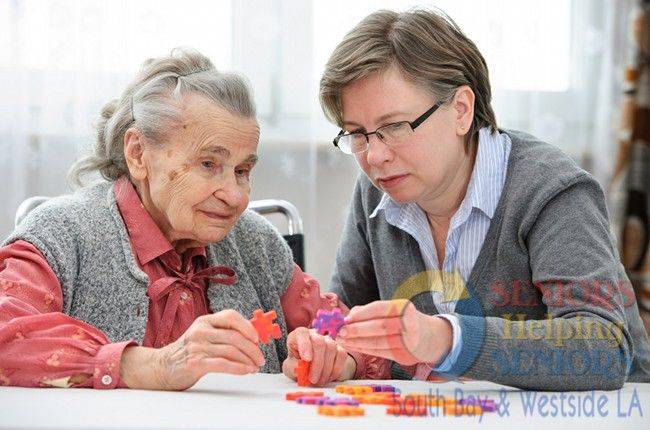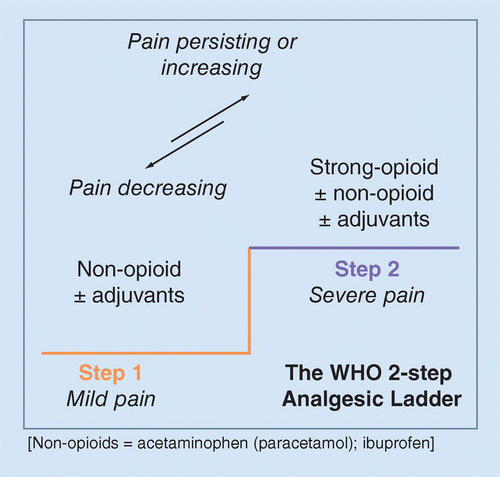
There are many career options in the health care industry. These include technical and clinical positions like phlebotomists or radiologists as well as administrative support occupations such as home health aides, occupational therapist assistants, and physical therapist aides. Other positions in the health industry combine administrative support with medical practice. These include hospitalists, who can play both the role of a surgeon and a hospital administrator.
Direct patient care can be provided by physician assistants
The institution may allow physician assistants to perform certain clinical functions directly under the supervision of a licensed doctor. As such they share responsibility with physicians for patient care and can be named as part of a malpractice lawsuit. They are not responsible for damages that occur outside of a hospital or doctor's office. They are only allowed to work in a hospital or similar health care facility for six hours per day.

Administrative support is provided by physical therapists
A physical therapist is an administrative support worker in various health care areas. They are trained to provide patient care in a variety of settings. Many physical therapy professionals also serve as leaders in the health care system. They create health care standards and policies, and ensure that patients have access to high-quality healthcare. They use a variety of tests to diagnose the patient's movements and functions. They listen to the concerns of patients and provide the necessary care.
Direct patient care can be provided by speech therapists
Speech-language pathologists, also known as speech-language therapists, assess, treat, and diagnose disorders related to language and cognitive-communication abilities. They are responsible for treating a wide range of speech-language problems, including speech quality, accent, fluency, and impairments. They also assist people with swallowing difficulties. They can also do research and provide training. You can read more about a Speech-language Pathologist in the article below.
Behavioral health specialists offer direct patient care
Behavioral health professionals provide direct patient services within the health care setting. Many doctors struggle to find the time and skills necessary to address patients' behavioral health issues. Behavioral health specialists are often the only ones who can meet these needs. But, they do not have to be a separate professional. A behavioral health specialist is able to play an important role in a health care team by facilitating treatment at multiple clinics.

Enrolled nurses provide direct patient care
The federal government is interested in improving quality care and promoting it in the health care system. Recent changes in the delivery of health care have led to an increase in patients' acuity. Thus, improved quality measures are needed to protect patient care and reduce the incidence of medical errors. This problem is caused by a shortage or registered nurses. The shortage results in an inadequate staffing level of registered nurses providing direct patient care.
FAQ
What about the role of the private sector?
Healthcare delivery can be facilitated by the private sector. The private sector provides some equipment for hospitals.
It also pays for some hospital staff. It makes sense that they should be involved in the management of the system.
However, they have limitations.
Private providers are not always able to compete with the free services offered by governments.
They shouldn't attempt to manage the entire system. This could result in a system that isn't cost-effective.
What do you need to know about insurance for health?
If you have health insurance, you should keep track of your policy documents. If you have any questions, make sure to ask. Ask your provider or customer service to clarify anything.
When you are using your insurance, be sure to take advantage the deductible that your plan offers. Your deductible represents the amount you will have to pay before your policy begins covering the rest.
What does "health promotion" mean?
Health promotion is helping people live longer, stay well, and be healthier. It focuses on preventing sickness rather than treating existing conditions.
It also includes:
-
Healthy eating
-
Get enough sleep
-
exercising regularly
-
Being active and fit
-
Smoking is not permitted
-
managing stress
-
Keeping up to date with vaccinations
-
avoiding alcohol abuse
-
Regular screenings and checkups
-
learning how to cope with chronic illnesses.
What can I do to ensure my family receives quality health care services?
Your state likely has a department of public health. This helps to ensure everyone has affordable health care. Some states also offer coverage for families with low income children. You can contact your state's Department of Health for more information about these programs.
How do I become an artistic health professional?
There are many pathways to becoming a creative health professional. Some people start as students and others work in different fields like engineering or business.
Some people choose to take a course in a particular topic, such as leadership, management, and health policy. Some people choose to take electives that cover different views on health and healthcare.
No matter what path you choose, you will be learning about topics related to healthcare through lectures, readings group discussions, assignments, projects, and assignments. You may also attend workshops, conferences, and seminars.
Once you have completed the program, your knowledge will allow you to work with patients, clients, colleagues and clients in any position within the health system.
You could even go on to earn a doctorate degree.
What is a healthcare system?
Health systems include all aspects related to care, from prevention and rehabilitation to everything in-between. It includes hospitals as well as clinics, pharmacies, community health services, long-term and home care, addictions, palliative care, regulation, finance, education, and financing.
Health systems are adaptive complex systems. They can have emergent qualities that cannot be predicted if you only look at individual components.
The complexity of health systems makes them difficult to understand and manage. This is where creativity shines.
Creativity is a way to find solutions to problems that we don't know the solution to. Our imaginations are used to invent new ideas and improve things.
People who think creatively are essential for health systems because they are always changing.
Creative thinkers can make a difference in the way that health systems work.
What are the services of health care?
Patients need to be aware that they can get quality healthcare any time. No matter whether you require an urgent appointment or routine check-ups, we are available to help.
We offer many different types of appointments, including walk-in clinics, same-day surgery, emergency department visits, and outpatient procedures. If you live far away from our clinic, we can also provide home health care visits. And if you don't feel comfortable coming into our office, we'll ensure you receive prompt treatment at your local hospital.
Our team includes nurses and pharmacists as well dentists. We want to make your visit as comfortable and painless possible.
Statistics
- The healthcare sector is one of the largest and most complex in the U.S. economy, accounting for 18% of gross domestic product (GDP) in 2020.1 (investopedia.com)
- About 14 percent of Americans have chronic kidney disease. (rasmussen.edu)
- Price Increases, Aging Push Sector To 20 Percent Of Economy". (en.wikipedia.org)
- Over the first twenty-five years of this transformation, government contributions to healthcare expenditures have dropped from 36% to 15%, with the burden of managing this decrease falling largely on patients. (en.wikipedia.org)
- Foreign investment in hospitals—up to 70% ownership- has been encouraged as an incentive for privatization. (en.wikipedia.org)
External Links
How To
What are the key segments in the Healthcare Industry?
The key segments of the healthcare industry include medical devices, pharmaceuticals, diagnostics, biotechnology, therapeutics, health information technology, medical equipment, etc.
Defibrillators, blood pressure monitors (defibrillators), stethoscopes, and ultrasound machines are some examples of medical devices. These products are typically used to diagnose, prevent, and treat diseases.
Pharmaceuticals are medications that are used to treat or alleviate symptoms. You can find examples such as antibiotics, antihistamines or contraceptives.
Diagnostics are laboratory tests used to detect illness and injury. These include blood tests, urine samples and CT scans.
Biotechnology refers essentially to the use of living organisms (such bacterium) to create useful substances which can be used by humans. Examples include vaccines, insulin, and enzymes.
Therapeutics are the treatment of diseases and symptoms that is administered to people to relieve them. They can involve drugs, radiation therapy or surgical interventions.
Software programs for managing patient records, including health information technology, are used by physicians and their staff. It helps them keep track of which medications they're taking, when they should take them, and whether or not they are working properly.
Medical equipment refers to any device used for diagnosing, treating, or monitoring illnesses. Dialysis machines include pacemakers, ventilators and operating tables.